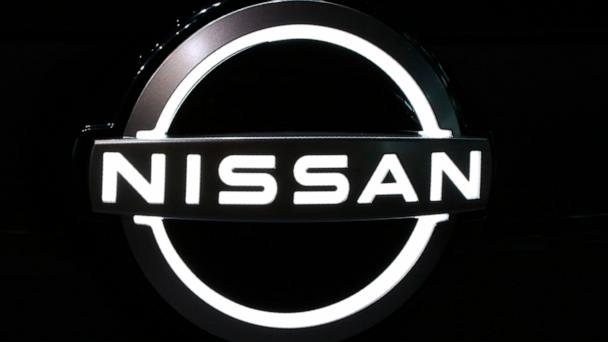Nissan Recalls 83,920 Vehicles Due to Exploding Airbags
A recent warning issued by Nissan urges owners of certain older model vehicles to refrain from driving due to the risk of exploding Takata airbags. The affected vehicles, totaling 83,920 units from model years 2002-2006, include specific Nissan Sentras, Pathfinders, and Infiniti QX4s. The recall is a result of propellant degradation in the frontal passenger airbag inflators, which can lead to dangerous explosions during deployment.
Nissan advises owners to check for open Takata airbag recalls and schedule a free repair at authorized dealerships. The National Highway Traffic Safety Administration (NHTSA) emphasizes the severity of the issue, highlighting the potential for serious injuries or fatalities in the event of an airbag explosion. It is crucial for vehicle occupants to heed the manufacturer’s warnings and take necessary precautions.
History of Takata Airbag Recalls
The Takata airbag recalls have been described as the largest and most complex vehicle recalls in U.S. history, affecting an estimated 67 million airbags across various automakers. The faulty airbags pose a significant threat to driver and passenger safety, with 27 reported fatalities and over 400 injuries attributed to exploding airbag incidents. The recalls have prompted extensive repair efforts, with approximately 50 million defective airbag inflators replaced as of 2021.
In response to the widespread safety concerns, Nissan and Infiniti are offering complimentary towing, mobile repair services, and loaner vehicles to affected vehicle owners. The collaborative efforts of the Independent Monitor of Takata and the Coordinated Remedy Program aim to prioritize the replacement of the most hazardous airbags to mitigate risks for consumers.
Ensuring Consumer Safety and Compliance
Vehicle safety remains a top priority for automakers and regulatory authorities, underscoring the importance of timely recall compliance and preventive measures. The Takata airbag recalls serve as a cautionary tale, emphasizing the potential dangers of prolonged exposure to heat and humidity on airbag functionality. By addressing recall notifications promptly and following manufacturer recommendations, consumers can safeguard themselves against the inherent risks associated with defective airbags.
In conclusion, the proactive response from Nissan regarding the Takata airbag recalls reflects a commitment to prioritizing consumer safety and mitigating potential hazards on the road. As the automotive industry continues to address safety concerns through comprehensive recall initiatives, it is essential for vehicle owners to remain vigilant and proactive in addressing potential risks to ensure a safe driving experience for all.


















